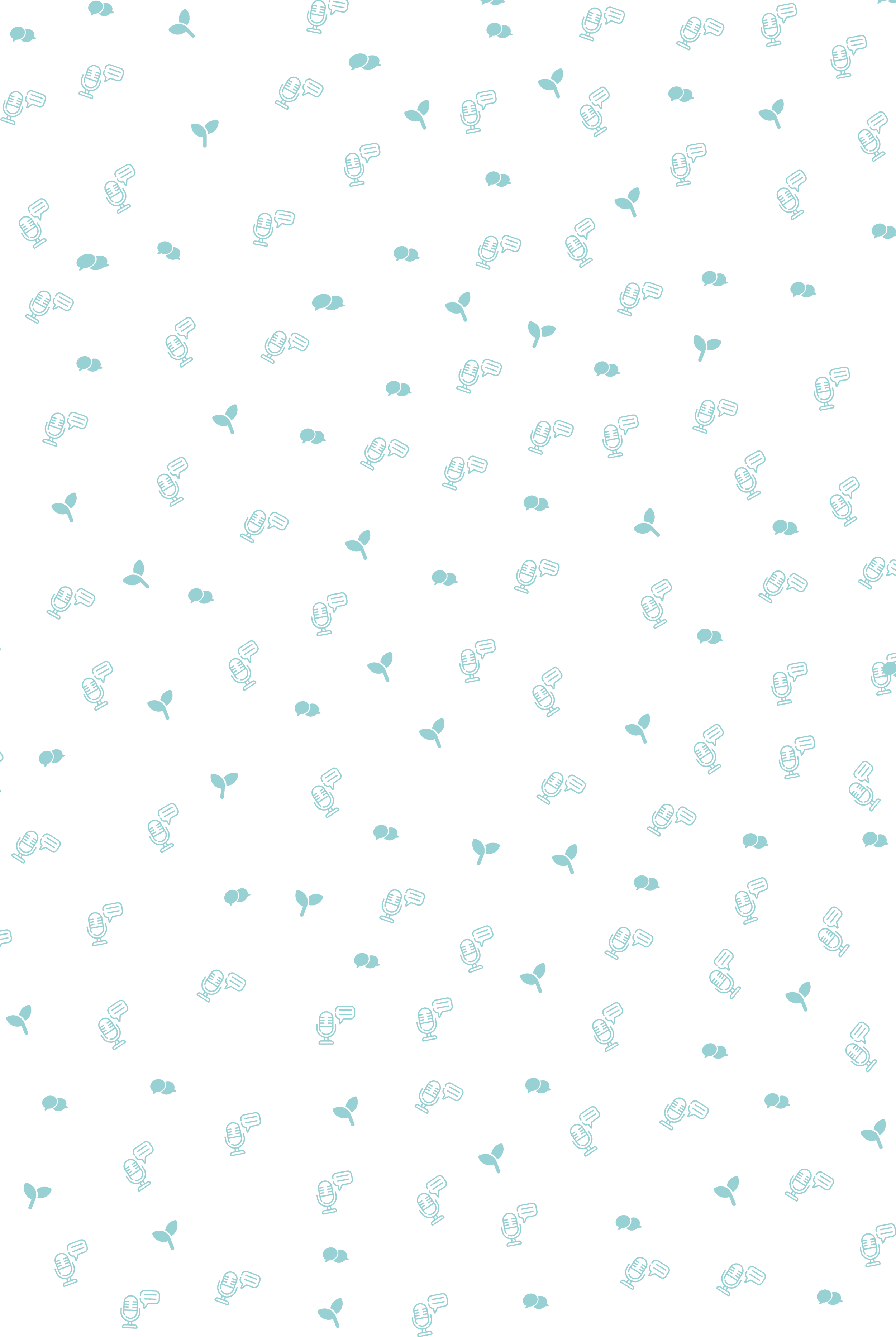Case Study: Food Scientist in Alternative Proteins
Bryan Le is a food scientist, consultant, and author of 150 Food Science Questions Answered. With a PhD in food science from the University of Wisconsin-Madison, Le has worked extensively in the Alternative Protein sector, offering his expertise to companies such as Turtle Tree, Black Sheep Foods, and the Good Food Institute.
His career spans both academic and industry settings, with a focus on food safety and flavor chemistry. He transitioned to consulting during the pandemic, leveraging his background in food science to assist startups and established companies in the Alternative Protein industry. Le emphasizes the importance of flexibility and continuous learning in his role and offers insights into the value and challenges of pursuing a PhD.

This is a summary of the interview that Bryan gave on the “Cultivating Careers in the Alternative Protein Industry” podcast with Jeffray Behr.
What initially drew you to the Alternative Protein industry?
I was excited by the innovation happening in the Alternative Protein sector. It’s a field with a lot of new technologies and applications, especially using raw technologies in novel ways. The mission behind Alternative Proteins, particularly for environmental sustainability, also deeply resonated with me.
Is the environmental aspect your main motivation for working in this industry?
Yes, definitely. I’ve always been environmentally conscious, but I wasn’t sure how to align that with my skills. The Alternative Protein industry felt like the perfect fit for my expertise and values.
How did you carve out your own career path in this field?
My journey started in chemistry, and I initially pursued a PhD in that area. After meeting with Pat Brown from Impossible Foods, I realized the potential of Alternative Proteins and decided to switch to food science. Despite the pandemic, I began consulting rather than joining a company full-time, which led me to my first client in the Alternative Protein space, Turtle Tree.
Can you explain what being a food science consultant entails and how you established that role?
I essentially fell into consulting. During grad school, I did consulting on the side and found there was a significant need for expertise, especially from small businesses. My work includes evaluating ingredients, product development, and technical support. It’s flexible and allows me to help various companies, particularly startups with limited resources.
What are the major areas of focus in your consulting work?
I focus on food safety and flavor chemistry. I help companies understand ingredient interactions, develop products, and write technical documents. I also assist with project-specific needs, like scaling up processes or negotiating with co-manufacturers.
How did you develop such a broad range of knowledge and skills?
Much of my knowledge comes from experimentation and continuous learning. I engage with other consultants and professionals, read extensively, and stay curious. This approach has helped me adapt and excel in various aspects of food science.
You mentioned working with the Good Food Institute (GFI). How did that project come about, and what did it involve?
A contact from my graduate school days reached out to me about a project with GFI. I submitted a proposal to evaluate agricultural byproducts for use in Alternative Proteins. The project, which started as a six-month engagement, extended to two years and involved assessing the feasibility of using different side streams for producing Alternative Proteins.
What do you find most rewarding about your work?
The ability to learn continuously and the flexibility of consulting are the most rewarding aspects. I enjoy the variety of tasks and the challenge of tackling different projects. The freedom to explore new areas and adapt to changing needs aligns well with my personality.
You’ve written a book. How was that experience, and what were your takeaways?
Writing the book was both challenging and rewarding. Balancing it with my dissertation was tough, but it allowed me to share knowledge in a more accessible way. The support from my wife and the chance to infuse personality into my writing made it a fulfilling experience.
For those considering a PhD, what are your thoughts on its value for entering the Alternative Protein industry?
A PhD isn’t necessarily required for industry roles. While it can enhance your credentials, it often doesn’t align with industry needs and can be time-consuming. It’s more beneficial for academic paths or highly specialized roles. For many in the industry, practical experience and continuous learning might be more advantageous.
How do you see your career evolving in the next ten years?
I plan to continue growing my consultancy, potentially expanding my team. I miss interacting with people and hope to integrate more collaborative projects. Balancing technical work with business aspects remains a challenge, but I’m excited about future opportunities and staying adaptable in a dynamic field.
Are you looking to start your career in the Alternative Proteins sector? Check out the Tälist job board! With hundreds of new jobs added each week, Tälist connects you with opportunities that align with your skills and passions in the sustainable food industry. Join today and be part of the future of food!

